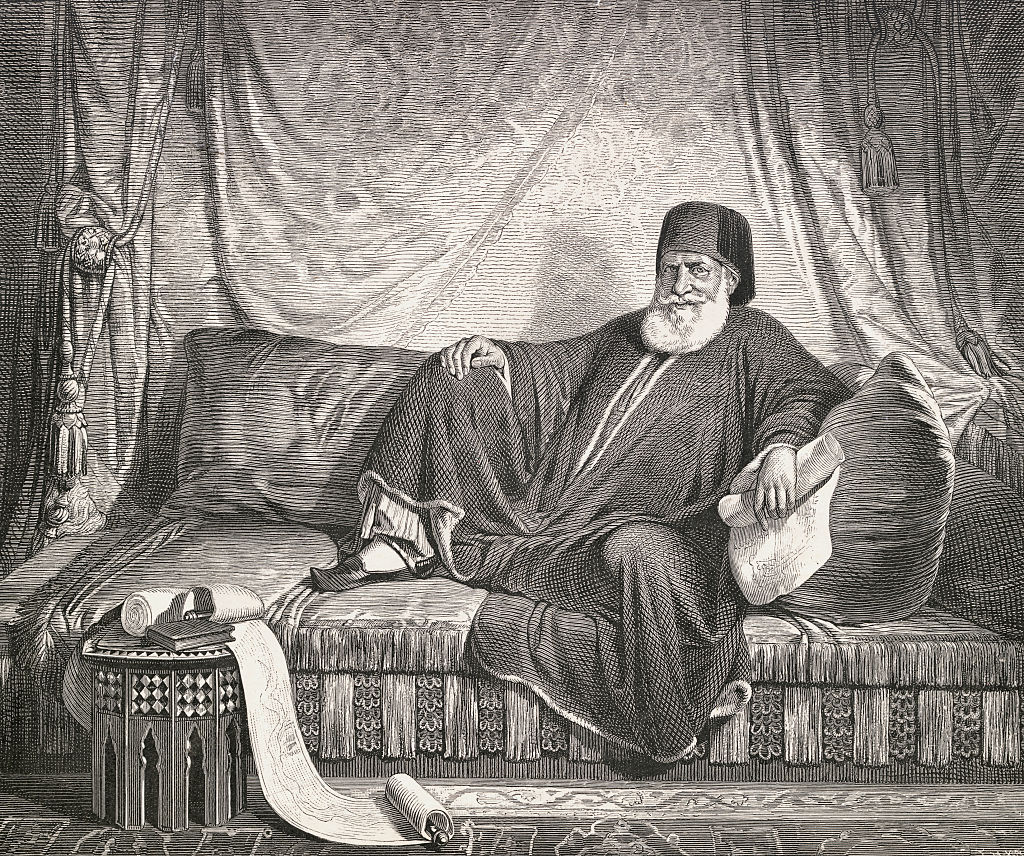If a key characteristic of revolutionaries is their ability to talk for hours without end, then the Alternative for Germany’s Alice Weidel is many things, but not a far-right extremist revolutionary.
In a much-anticipated X Spaces conversation, Alice Weidel, co-leader of the Alternative for Germany (AfD), engaged with Elon Musk, but the dialogue fizzled out unexpectedly after about an hour and 20 minutes when Weidel lamented, “I do not know how to continue.” Her performance was strikingly charisma-free. If Musk aimed to craft Weidel as the German equivalent of Donald Trump, he failed miserably. However, if the intent was to portray her as a reasonable politician, she somewhat succeeded, though that raises its own set of questions about her political appeal.
Weidel’s arguments during the conversation often echoed those of the liberal Free Democratic Party (FDP). She passionately advocated for a return to nuclear energy and dismissed Germany’s energy transition, claiming those responsible were either “stupid or hate Germany.” Her critiques of excessive taxation and bureaucracy resonated with Musk, who shared his frustrations about needing to print and stamp every page of a cumbersome 25,000-page document for his factory in Germany. This shared sentiment, while relatable, does little to address the substantial issues at hand.
It was disappointing that the conversation fell short on concrete plans for tackling mass migration and reviving the German economy. The central question looms: could Musk’s endorsement genuinely elevate the AfD ahead of the upcoming elections? His lack of fluency in German presents a significant barrier to influencing the national dialogue, and it is apparent that his grasp of German politics extends little beyond his business experiences and what he reads online. Despite a modest bump in the polls, with the AfD now at 20 per cent, this increase can arguably be attributed more to external factors like the ongoing recession and a recent terrorist attack than to Musk’s involvement.
The media’s alarm over Musk supporting the AfD reached a fever pitch, especially among members of the Green Party. Robert Habeck’s warning for Musk to “keep his hands off our democracy” underscores how challenging it is to sway German politics from abroad. A new election law further complicates matters by rendering party donations from non-EU countries illegal, effectively limiting Musk’s capacity to back the AfD as he previously did in the UK.
It is worth noting that while Weidel lacks Trump’s explosive charisma, Musk’s effort has inadvertently contributed to normalizing the AfD, drawing parallels to European leaders like Marine Le Pen in France or Giorgia Meloni in Italy. The AfD is on the rise, but whether this momentum will translate to making Weidel a credible candidate for chancellorship remains dubious. If Musk is indeed playing the long game, he may find himself at her potential inauguration in a few years—though one has to wonder if that is a desirable outcome.
As Weidel engaged with Musk, she revealed that she is many things, but far-right extremist revolutionary is not one of them. Unlike historical figures infamous for their relentless rhetoric, she seemed to hit a wall in the conversation, pivoting to space exploration instead. While she made valid points about the need for nuclear energy and the burdens of bureaucracy, her overall delivery lacked the vigour needed to inspire or mobilize.
Describing her party as a “libertarian-conservative” movement, she oddly contrasted it with the antisemitic socialist history of the Nazis. In a moment of clarity, when asked about her stance on Israel, she emphatically declared her support, positioning the AfD as the sole protector of Jews in Germany.
While Weidel came across as personable, she certainly won’t be remembered as a captivating speaker or visionary. Musk’s endorsement may solidify the AfD’s presence in German politics, but without substantive engagement in policy discussions, those efforts seem shallow at best. Moving forward, one has to question how committed Musk will be in promoting a party leader who lacks the charisma and strategic vision necessary for significant political influence. If normalization of the AfD is his aim, he may have succeeded to some extent, but the real test will be whether that translates into tangible support at the ballot box.






Musk tells the truth, Left and Right have failed German nation